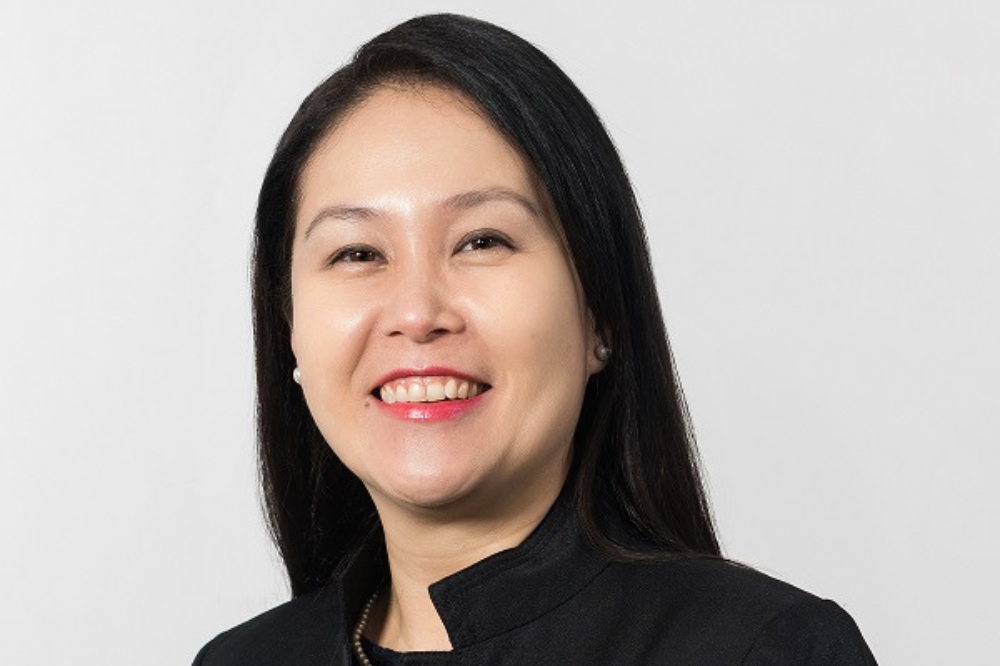
by Stefanie Leong
In a world where employers increasingly recognise the importance of employee wellbeing, the education sector is behind in integrating a similar learning and teaching approach. This shift towards wellness-centred education is imperative for students in the 21st century.
Education and Well-being Post-Pandemic
The aftermath of the pandemic triggered a global call for education reform. UNESCO's post COVID-19 initiative advocates for restructuring education, focusing on a framework that supports individual skills and interests over traditional assessment metrics.
Despite this call to action, the prevailing emphasis on grades and exam scores raises concerns about potential consequences, such as burnout and a lack of development in critical life skills.
A 2021 study from the International Journal of Contemporary Education, highlighted the cyclical relationship between increased burnout and decreased academic achievement. This paradoxical correlation underscores the need for a fundamental shift in educational priorities. Educational leaders globally are advocating for a move away from a narrow focus on standardized tests towards a more holistic approach that nurtures both academic and personal growth.
The recent move by the International Baccalaureate (IB) to withhold the disclosure of 45 marks from publications provides an example of an evolving mindset. This change emphasises the need for educational leaders to take concrete steps to prioritize student well-being.
Towards More Holistic Education
Before the changes our students most need can occur, we must collectively acknowledge concerns over student well-being as a vital first step. There is a growing consensus that holistic education is crucial, especially in response to the challenges posed by the pandemic. Beyond academic excellence, there is recognition of the diverse needs of students as they prepare for adulthood and to thrive throughout their lives, beyond graduation.
Based on research published by The World Academic Forum, current education systems globally are losing relevance. And fast. They suggest a need to broaden students’ learning capacities and attitudes rather than focusing on test scores alone.
UNESCO's "Education 2030" report advocates for a renewed vision of education that emphasises comprehensiveness, holism, and the nurturing of character traits to mitigate the negative impacts of burnout. Additionally, school communities must aim to support future-ready students who are prepared to face the ever-changing challenges of university and career life.
Paths to Wellness-Centred Education
Current educational frameworks must evolve to better equip students with the skills needed for the future. Research suggests a need to expand students' capacities in order to best prepare them for success at university and throughout their lives.
This commitment to reassess traditional standards also aligns with the IB's focus on holistic education. The IB understands that schooling cannot be isolated from what happens beyond the classroom. As leaders, it is our duty to reimagine new learning settings that enable holistic development in students. We must strive to incorporate inquiry-based learning to challenge students to engage critically with ideas beyond the surface level of knowing. A Cambridge University study, for example, supports the notion that a sense of meaning and purpose can lead to a significant improvement of up to two grades.
Similarly, Acer Discover conducted a study assessing levels of well-being and performance of the IB’s Primary Years Programme (PYP) students in comparison to students learning within other educational frameworks. The results of the study indicate that IB students attain higher levels of well-being in direct correlation with academic achievement.
Studies indicate that a growth mindset and sense of purpose contribute to both academic excellence and personal fulfilment.
The IB’s decision to withhold the disclosure of the 45 marks from media as of November 2023 is an important step towards a re-evaluation of learning frameworks and renewed prioritisation of students' holistic wellness. The IB is exploring additional instructional methods and approaches to increase inclusivity and accessibility for students, thereby supporting their full potential.
Final Thoughts
As the global educational community navigates towards wellness-centred education, programmes like the IB's curricular framework stand at the forefront, spearheading the evolution of educational reform and the prioritisation of skills over assessment results.
Embracing a balanced approach beyond academic metrics ensures that students not only excel academically but also become empathetic contributors in society. Our collective journey towards a more inclusive educational model is an investment in future generations, cultivating not only scholars but compassionate, resilient global leaders.
Stefanie Leong is the Head of Development, Asia Pacific at the International Baccalaureate (IB), She has 19 years of education management experience for mission driven non-profit global education and assessment bodies.


